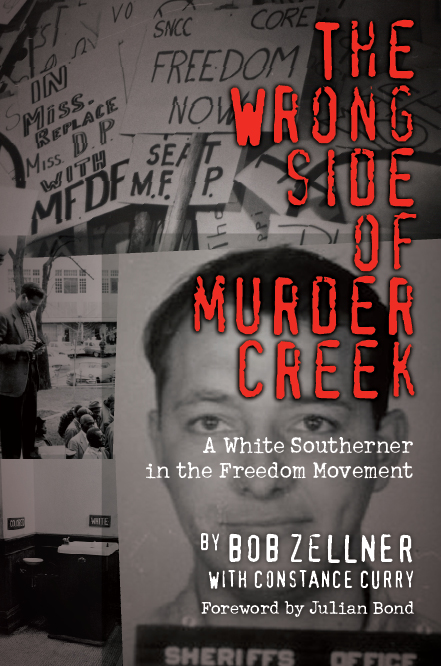John Pritchard talks Sailing to Alluvium, Junior Ray with Publishers Weekly
Wednesday, January 29th, 2014 by Brian Seidman Publishers Weekly has just released a great Q&A with John Pritchard, author of the “Junior Ray” books and the newly released Sailing to Alluvium. PW Southern correspondent Paige Crutcher spoke with Pritchard about the publication of his third novel, becoming a first-time author at age 65, the Mississippi Delta as a character in his novels, and how he comes up with all of Junior Ray’s expletives.
Publishers Weekly has just released a great Q&A with John Pritchard, author of the “Junior Ray” books and the newly released Sailing to Alluvium. PW Southern correspondent Paige Crutcher spoke with Pritchard about the publication of his third novel, becoming a first-time author at age 65, the Mississippi Delta as a character in his novels, and how he comes up with all of Junior Ray’s expletives.
Here’s a selection from the interview:
PW: You’ve said before that when you write Junior Ray, you listen to him. Does he talk to you even when you’re not working on a book?
Oh, yes. He will not stop. Indeed I have often said that I am his stenographer. Almost anything in daily life can be viewed through Junior Ray’s perspective. And his reactions are usually unpredictable–for instance, I hypothetically took him with me to a hypothetical political rally. There we were, behind the barricades on one side of the street, facing the opposition on the other. Be mindful that Junior Ray does not know the difference between a liberal and a conservative, nor does he really care. In any case there we were, and a woman quite near us raised her fist and shouted, “Get your hands out of my uterus!” Upon which, I suppose in the spirit of solidarity, Junior Ray shouted: “Mine, too, sumbich!”
PW: Would you say that setting, The Delta, is also a character in Sailing to Alluvium?
The question says it all because of course it is the place–the Mississippi Delta–with which I am most concerned. Thus, quite literally, that place stands sine qua non as the main character in all three of Junior Ray’s books. This Delta, which is Mississippi’s Yazoo basin, bounded on the east by the bluffs of the Loess Hills and on the west by the Mississippi River, is a paradoxical bowl of ravening eccentricity dominated by an insistence on conformity and is, therefore, a place which logically cannot exist. But Deltans have never let logic stand in their way.
In short, more than race, class was paramount, and that issue is at the heart of Junior Ray’s narrational perspective. But certainly one of the great shapers of that odd land’s persona, its speech along with its food, its customs, its music, and possibly its whole way of looking at things, is in the largest of measures derived from the indisputable influence of the Delta’s African-American majority, without whom there would have been no story at all worth telling.
PW: Junior Ray was born with a mouthful of expletives, but how much of Junior Ray is in John Pritchard?
I normally do not cuss as much, except when the computer goes haywire or I can’t get the lug nuts loosened on the wheel of the car. Then I find profanity useful and, I am convinced, effective. Mainly, though, I am highly entertained by Junior Ray. He often speaks in imagistic tropes that remind me of a wonderful friend I had when I was in the Army. … His speech was colorful–intensely so, as I mentioned, and original but it was not at all that profane–“Lieutenant, I was stannin there with my tongue hangin out like a red necktie–red as a fox’s ass in poke berry time!”–and his sparkling, Zorban delight in living made an indelible impression on me …
Read “Junior Ray Returns: Q&A with John Pritchard” in full at the Publishers Weekly website.
John Pritchard’s Sailing to Alluvium is available now in hardcover and ebook from NewSouth Books, Amazon, or your favorite bookstore. His previous “Junior Ray” books, Junior Ray and The Yazoo Blues, are also available. Follow Junior Ray himself on Twitter at @JuniorRaybook.

 A recent episode of
A recent episode of 
